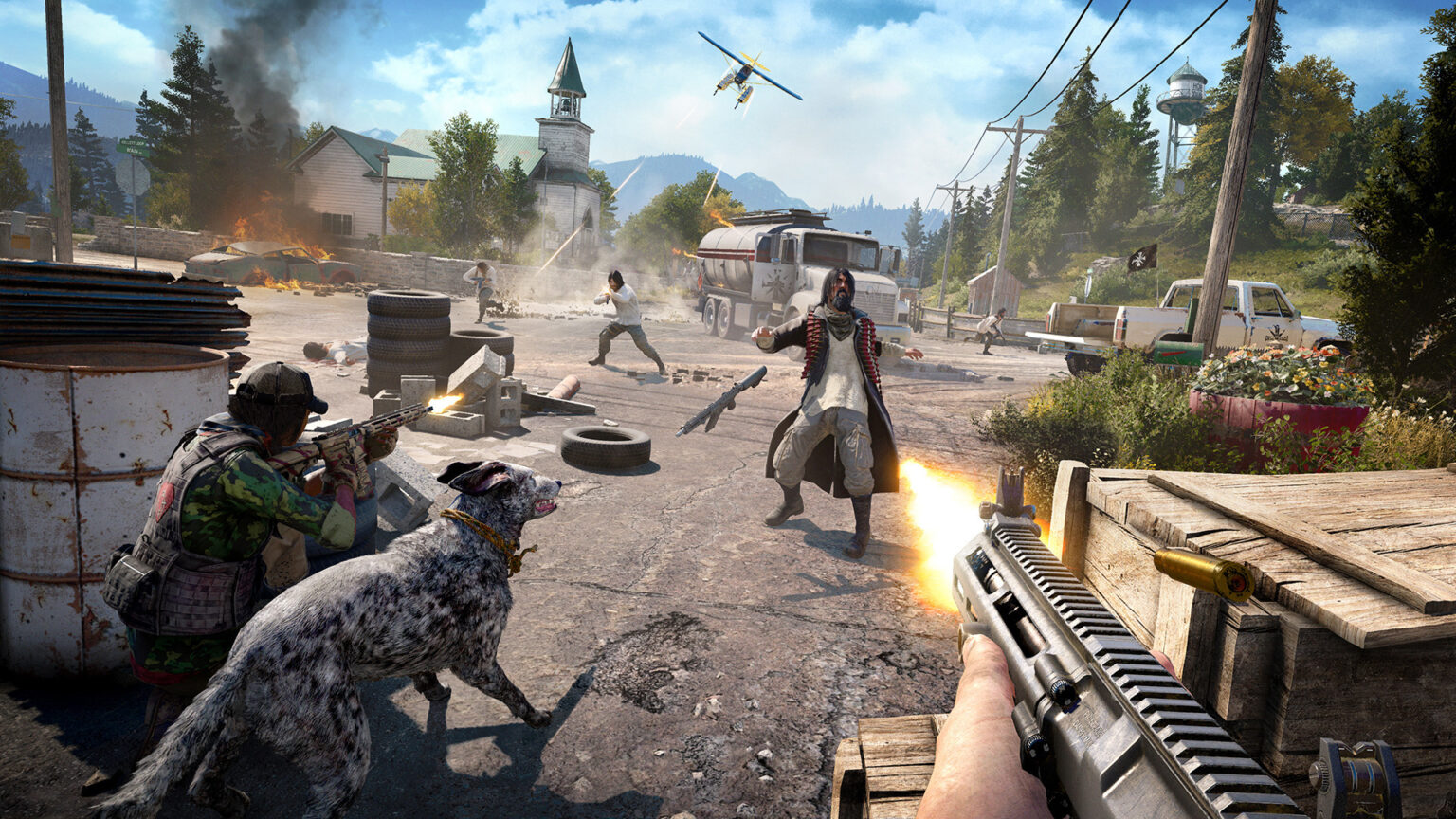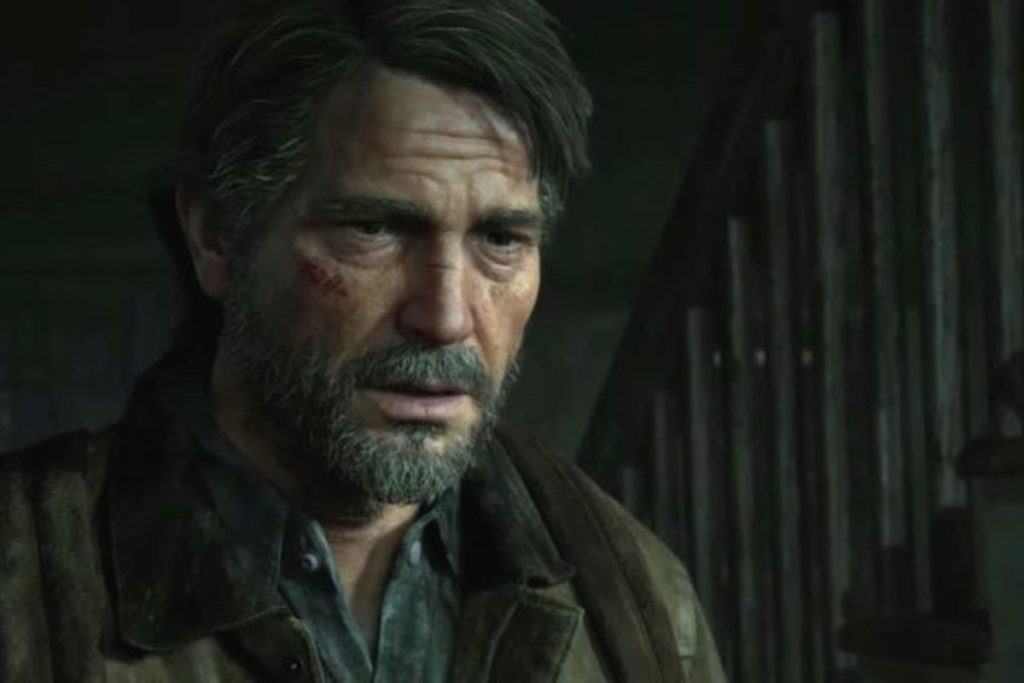While the idea of having a game where you’re able to explore numerous environments whenever you please sounds amazing, it’s not enough to guarantee that it’s going to be amazing. This is a problem that seems to be plaguing today’s gaming industry as we’ve witnessed a bunch of triple-A developers shoving out open-world titles that have failed to meet expectations.
Just because both The Legend of Zelda: Breath of the Wild, Horizon Zero Dawn and other similar games were recently able to reach massive success, more and more developers seem to think that the open world genre is the easiest way to make sales.

But that’s where the problem lies.
It’s because they think that way, we gamers end up with titles that are either mediocre, disappointing or just outright horrible. If you’re going to come up with a new game, then it needs to have a “thing” that clicks with players and sets it aside from others which share the same genre.
The reason why Horizon Zero Dawn was such a hit is that it had the interesting premise of a post-apocalyptic world where mechanical creatures ravaged the land, along with mechanics which took advantage of the game’s setting. In Breath of the Wild, you’re literally able to go anywhere you want and progress the story in whatever way you wish (You can literally try to take on the final boss from the very moment you start a new game). If you’re tired of those examples? Then how about a recent entry in the form of Far Cry 5 where it’s a first-person shooter set in a chaotic open-world? That sounds cool in its own right.

The reason why these games work is because they all have something that makes each of them unique, thereby attracting the attention of gamers. But if you have too many open world games, then it gets harder and harder for a new title to have its own identity. That, combined with the lack of content (whether intentional or not) and developer greed in the form of microtransactions, can only lead to games that nobody would want to play.
If you want a good example? Then take a good look at Metal Gear Survive. Konami was trying to ride off of the success from their other hit title Metal Gear Solid V: The Phantom Pain in the hopes that people would be tricked into buying what they think is going to be another amazing open world game that’s set in the Metal Gear franchise.
But what we got instead was a post-apocalyptic open-world zombie game that’s as generic, repetitive, and bland as you can get. Not only that, but the developers had the audacity to include microtransactions where they weren’t even needed (You have to pay for an extra save slot, just why?!).

Or how about Sea of Thieves? This was supposed to be Microsoft’s most ambitious title, yet they’ve shown us yet again that they can easily crush player expectations by pushing out a game that feels as if it has barely anything in it. Although the concept of being a pirate and exploring the seas in any way you wish sounds incredible, it was the lack of content that definitely killed the excitement only after a couple of hours of play time.
Sea what I mean? (I’m sorry, I saw the opportunity and took it.) Just because a game is open-world, that doesn’t mean that it’s going to be an instant success. It needs to have that balance where it has something interesting which makes it unique from the rest, while at the same time containing enough content that can keep players coming back for more.
At this point, I wouldn’t mind having a bunch of new linear games. I know that it sounds boring just going from point A to point B, but if it’s done right with an amazing story and interesting game mechanics, then who cares if you’re only following a straight path? Because as things stand, I worry about upcoming open-world titles such as Red Dead Redemption 2, Spider-Man, and even Hideo Kojima’s Death Stranding. Will they really live up to their hype or should we just get ready for more disappointment? For now, we’ll all just have to wait.






